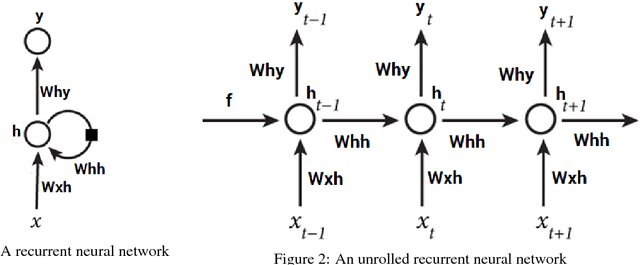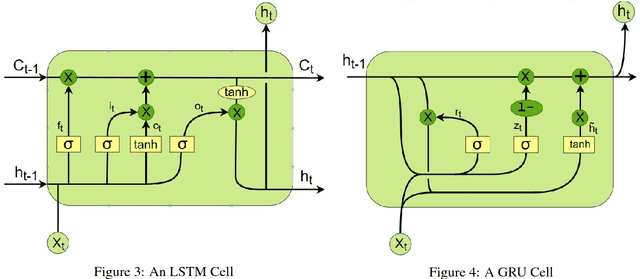Short-term Demand Forecasting for Online Car-hailing Services using Recurrent Neural Networks
Paper and Code
Jan 29, 2019



Short-term traffic flow prediction is one of the crucial issues in intelligent transportation system, which is an important part of smart cities. Accurate predictions can enable both the drivers and the passengers to make better decisions about their travel route, departure time and travel origin selection, which can be helpful in traffic management. Multiple models and algorithms based on time series prediction and machine learning were applied to this issue and achieved acceptable results. Recently, the availability of sufficient data and computational power, motivates us to improve the prediction accuracy via deep-learning approaches. Recurrent neural networks have become one of the most popular methods for time series forecasting, however, due to the variety of these networks, the question that which type is the most appropriate one for this task remains unsolved. In this paper, we use three kinds of recurrent neural networks including simple RNN units, GRU and LSTM neural network to predict short-term traffic flow. The dataset from TAP30 Corporation is used for building the models and comparing RNNs with several well-known models, such as DEMA, LASSO and XGBoost. The results show that all three types of RNNs outperform the others, however, more simple RNNs such as simple recurrent units and GRU perform work better than LSTM in terms of accuracy and training time.
 Add to Chrome
Add to Chrome Add to Firefox
Add to Firefox Add to Edge
Add to Edge